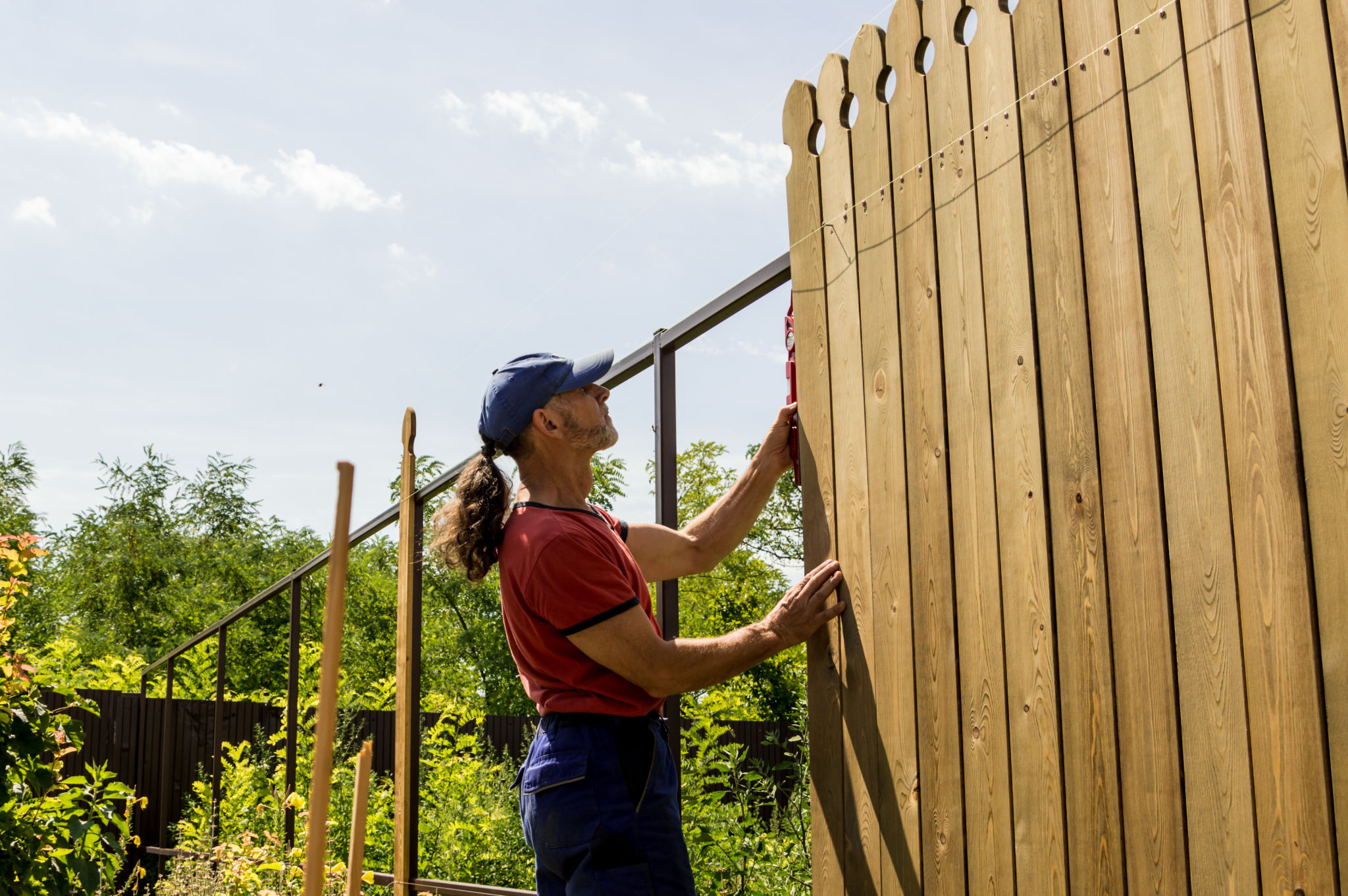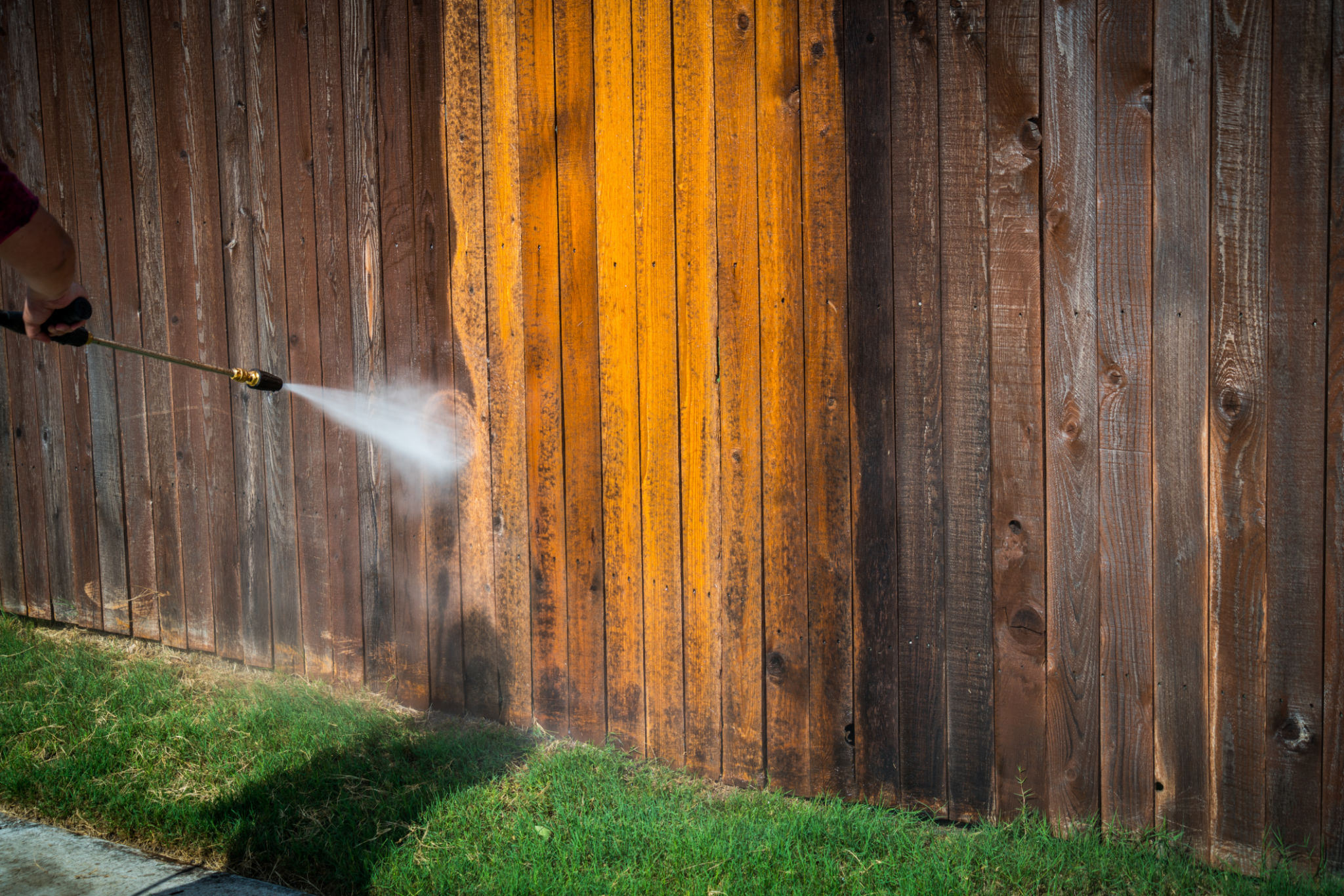Seasonal Guide: Preparing Your Nashville Fence for Fall and Winter
Cv
Understanding the Impact of Seasonal Changes on Your Fence
As the vibrant colors of fall begin to blanket Nashville, it's essential to consider how these seasonal changes affect your property, particularly your fence. The transition from the warm, humid summer to the cold, wet winter can take a toll on all types of fencing materials, whether they're wood, vinyl, or metal. Preparing your fence for the upcoming seasons can help prolong its life and maintain its appearance.
In Nashville, where weather conditions can vary significantly through fall and winter, taking proactive steps to protect your fence is crucial. By understanding the challenges posed by moisture, temperature fluctuations, and winds, you can better prepare to safeguard your investment.

Inspecting Your Fence for Damage
The first step in preparing your fence for fall and winter is a thorough inspection. Look for any signs of wear and tear such as loose boards, rusted nails, or peeling paint. These small issues can become significant problems when exposed to harsh weather conditions.
Pay special attention to areas where the fence meets the ground, as these are often the most susceptible to rot and decay. Ensure that all posts are sturdy and secure. Tightening screws and replacing broken components now can prevent bigger headaches later.
Wood Fences
Wood fences require particular attention because they are prone to moisture damage. Check for signs of rot and decay, especially near the base. Applying a weatherproof sealant can help protect against moisture and extend the life of your wood fence.

Metal and Vinyl Fences
For metal fences, look for rust and apply a rust-inhibiting primer if needed. Vinyl fences are generally low-maintenance, but you should still check for cracks or broken pieces that need replacing before the cold sets in.
Cleaning and Maintenance Tips
Once you've inspected your fence and made necessary repairs, it's time for cleaning. A clean fence not only looks better but also holds up better against the elements. Use a power washer to remove dirt and debris from your fence's surface. Be sure to use an appropriate setting to avoid damaging the material.
After washing, let your fence dry completely before applying any treatments or sealants. This ensures that any protective layers adhere properly and offer maximum protection throughout the fall and winter months.

Applying Protective Treatments
Sealing is a critical step in preparing your fence for the wetter months ahead. For wooden fences, apply a high-quality weatherproof sealant to guard against moisture. Metal fences may benefit from a fresh coat of rust-resistant paint, which will help prevent corrosion when exposed to rain and snow.
If you have a vinyl fence, consider applying a UV-protective coating that can help maintain its color and integrity despite the sun's harsh rays or winter's chill.
Preparing for Winter Storms
Nashville winters can bring unexpected storms that may damage even the sturdiest fences. To prepare, ensure that any nearby trees or branches are trimmed back to prevent them from falling on your fence during a storm.
Consider additional support for your fence if heavy snow or ice accumulation is expected. Reinforcing posts or adding extra bracing can provide added security during severe weather events.

Regular Maintenance Throughout the Season
Even after preparing your fence for fall and winter, regular maintenance is key to keeping it in top condition. Check your fence periodically throughout the season for any new damage or wear, addressing issues promptly as they arise.
With these preparations and regular checks, you can ensure that your Nashville fence stands strong against whatever fall and winter throw its way, maintaining both its functionality and aesthetic appeal.
